



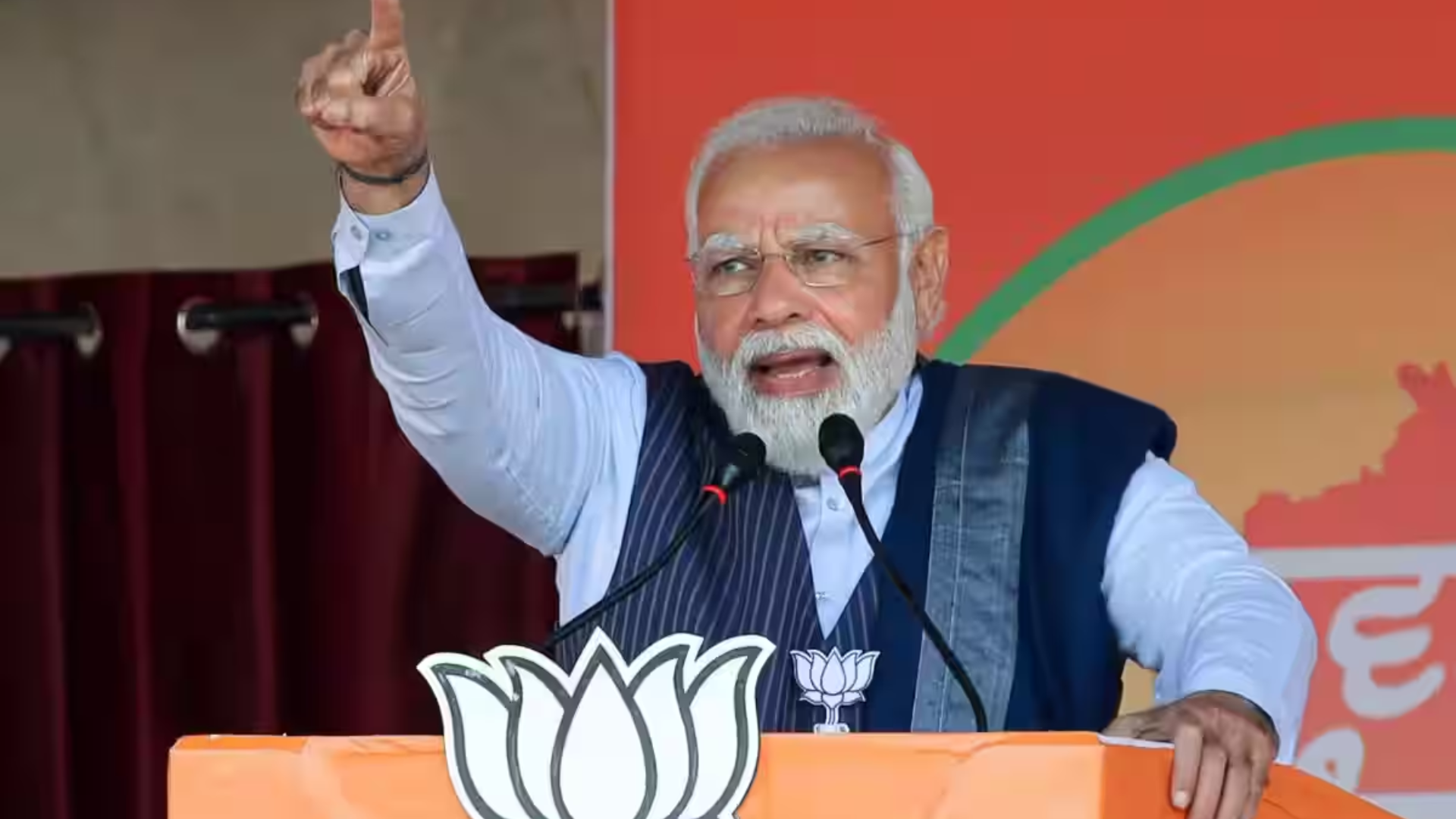
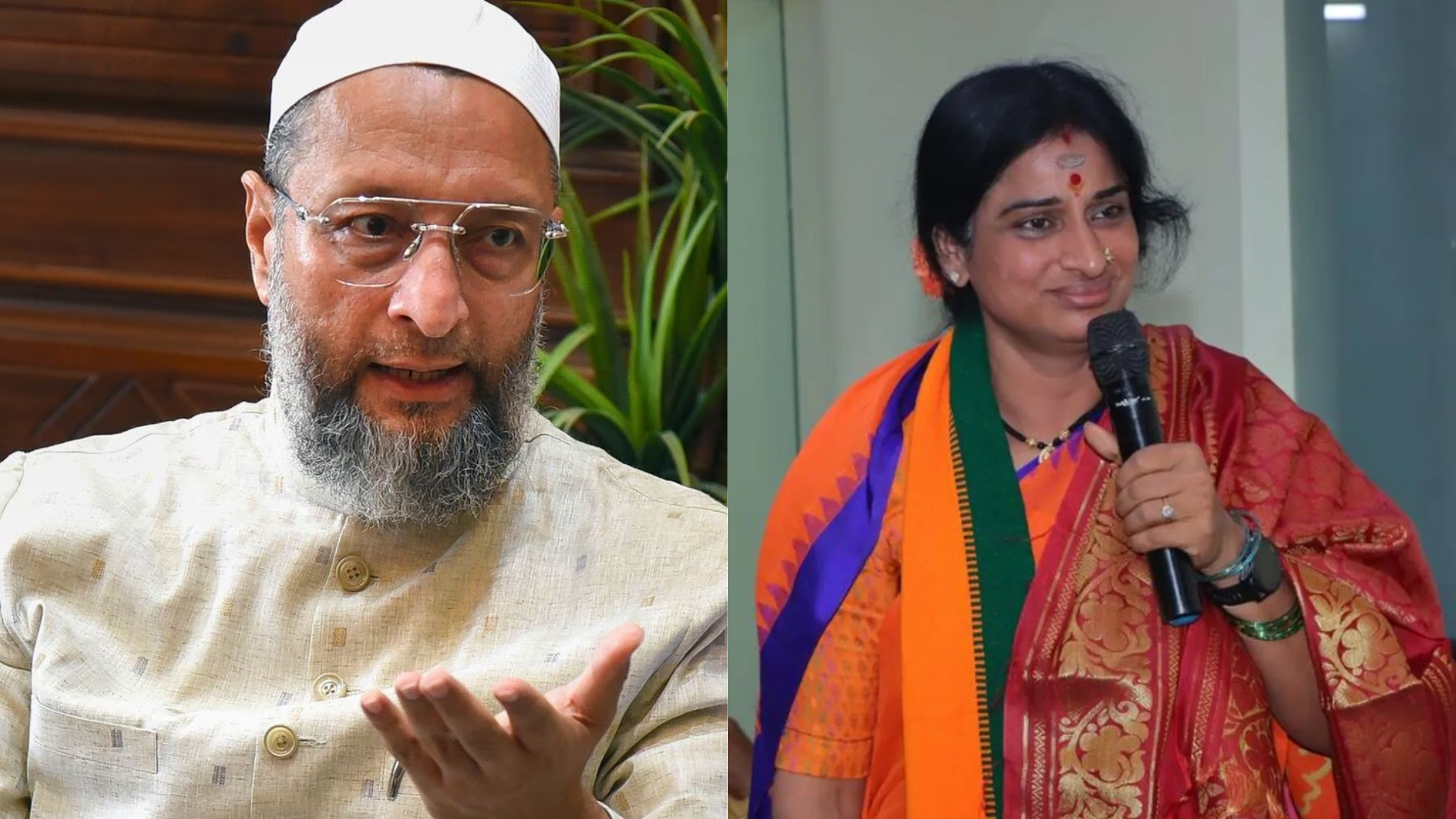

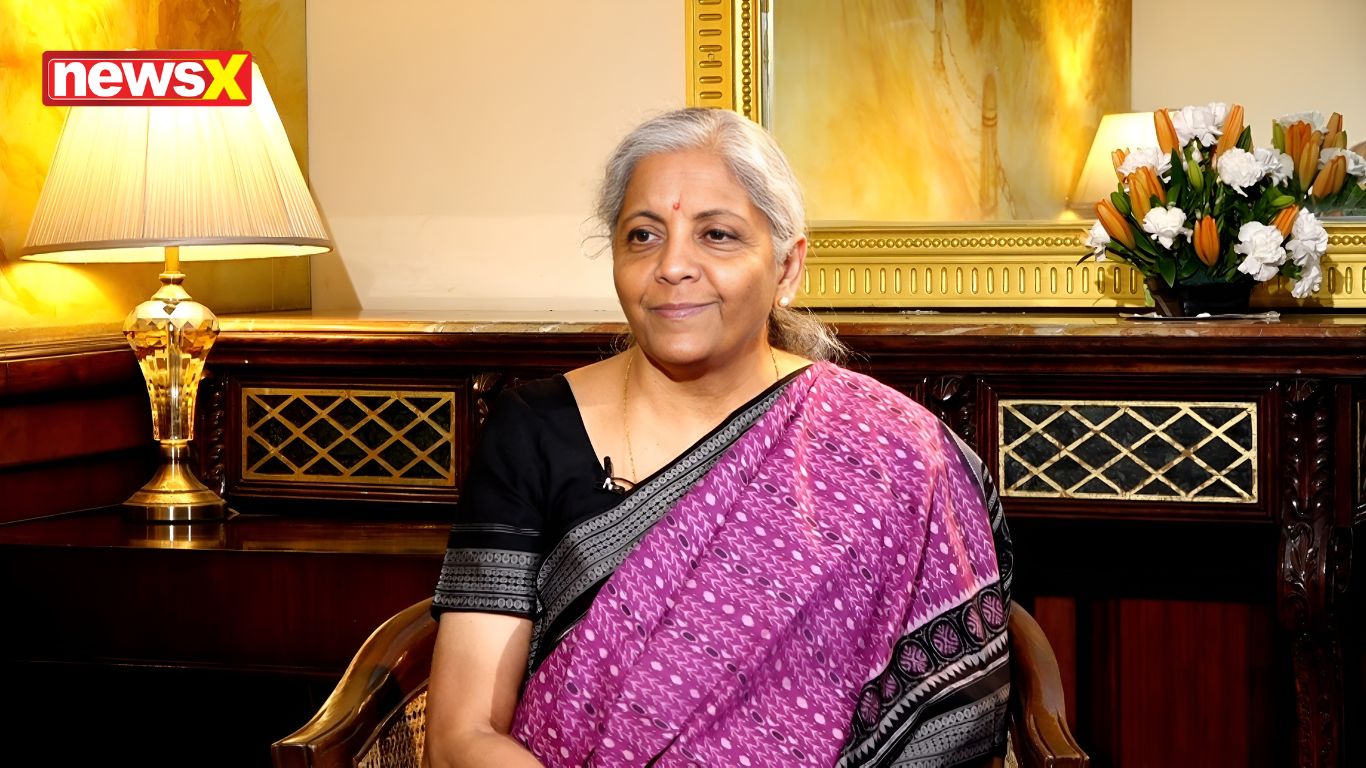
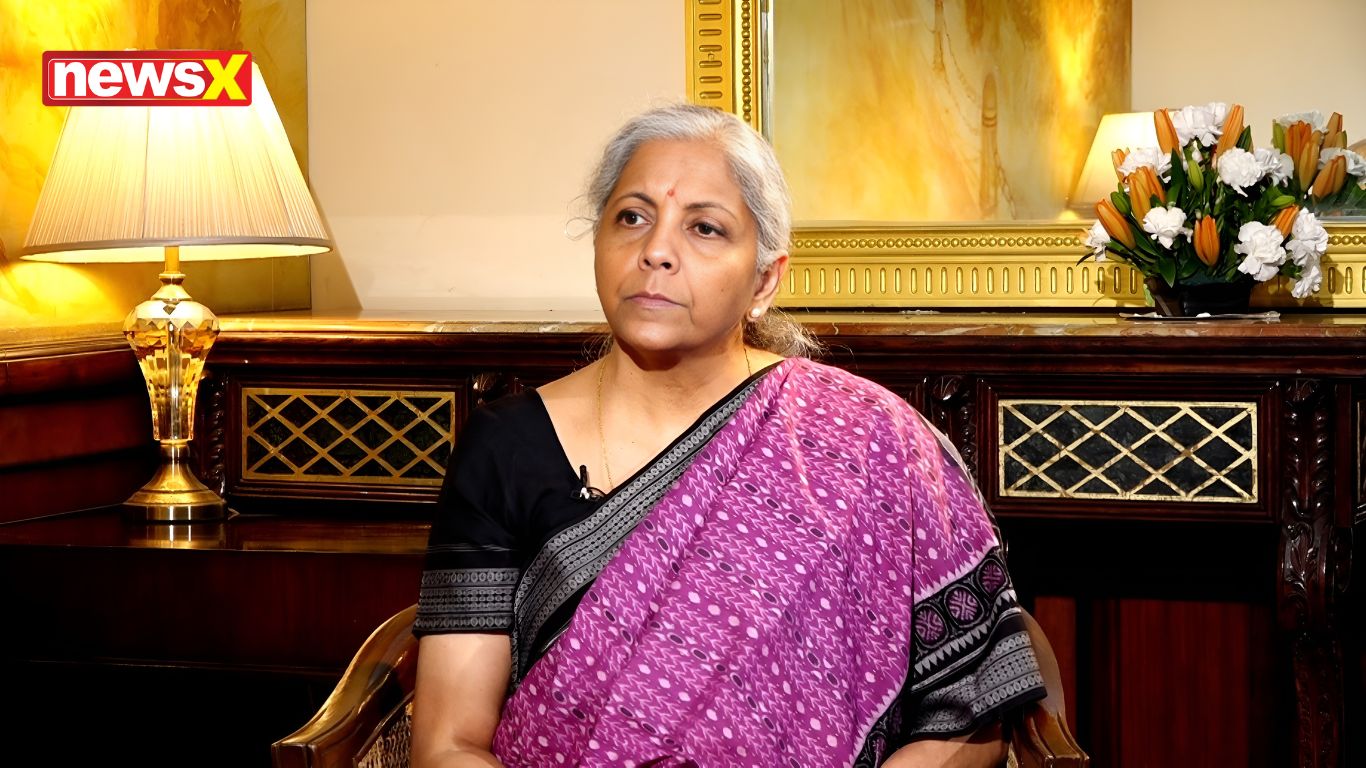
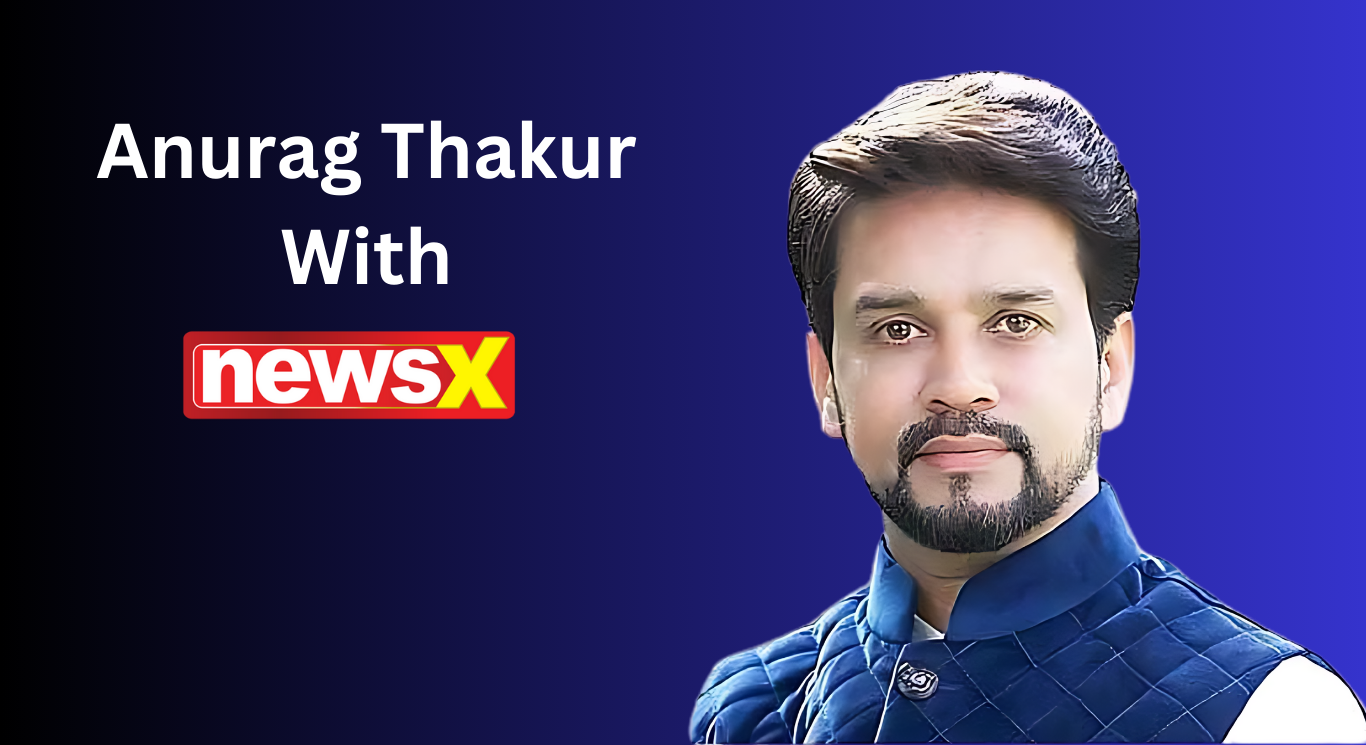
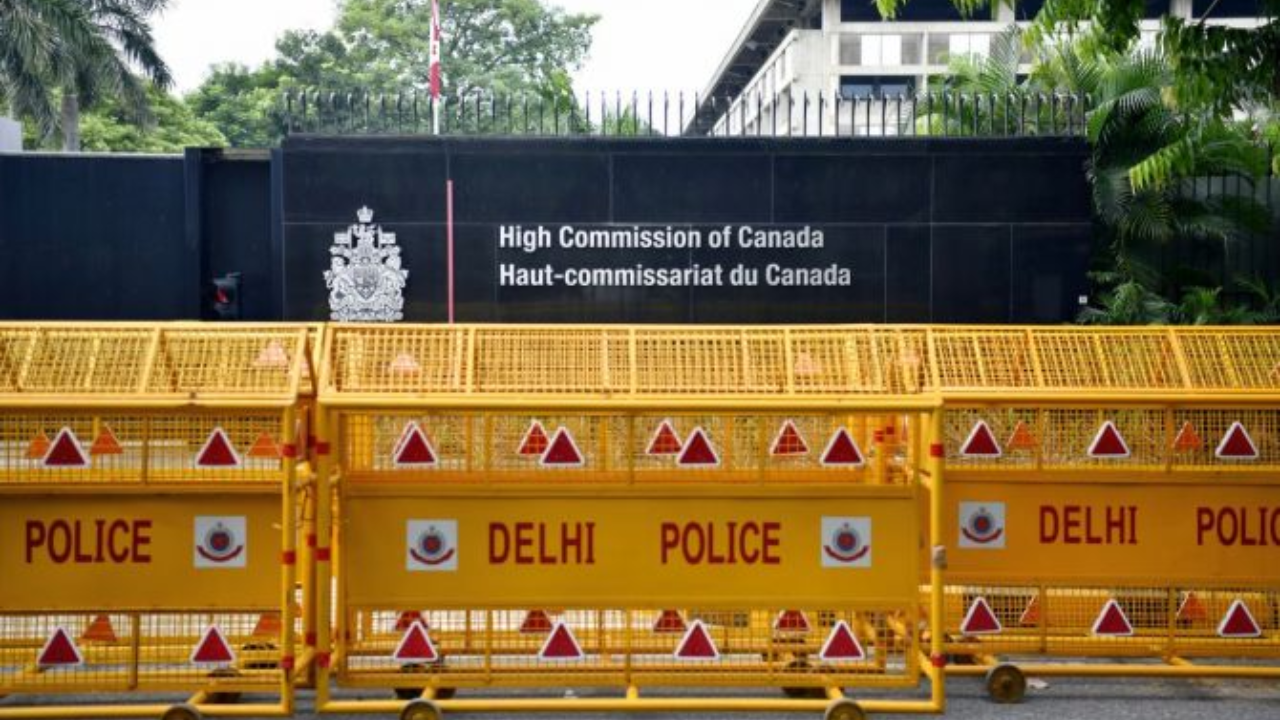
Amid the recent India-Canada standoff leading to the departure of 41 Canadian diplomats from India, the United Kingdom has expressed its dissent with India’s actions. In a press statement issued on Friday, a spokesperson from the UK’s Foreign, Commonwealth, and Development Office (FCDO) emphasized the importance of dialogue and the presence of diplomats in their respective capitals for resolving disputes.
Disapproving of the decisions taken by the Indian government that prompted the departure of the Canadian diplomats, the FCDO underscored the significance of adhering to the 1961 Vienna Convention on Diplomatic Relations. The spokesperson stated, “Resolving differences requires communication and diplomats in respective capitals. We do not agree with the decisions taken by the Indian government that have resulted in a number of Canadian diplomats departing India.”
Furthermore, stressing the adherence to diplomatic norms, the statement highlighted, “We expect all states to uphold their obligations under the 1961 Vienna Convention on Diplomatic Relations. The unilateral removal of the privileges and immunities that provide for the safety and security of diplomats is not consistent with the principles or the effective functioning of the Vienna Convention.”
Echoing similar sentiments, the US also raised concerns over the departure of the Canadian diplomats from India and urged the Indian government not to insist on reducing Canada’s diplomatic presence. During a press briefing on Friday, US State Department spokesperson Matthew Miller remarked, “We are concerned by the departure of Canadian diplomats from India in response to the Indian government’s demand of Canada to significantly reduce its diplomatic presence in India.”
The US further urged India to cooperate with the ongoing Canadian investigation. Miller emphasized the expectation for India to uphold its obligations under the 1961 Vienna Convention on Diplomatic Relations, stating, “We expect India to uphold its obligations under the 1961 Vienna Convention on Diplomatic Relations, including with respect to privileges and immunities enjoyed by accredited members of Canada’s diplomatic mission.”
Earlier this month, the Ministry of External Affairs in India called for a reduction in the number of Canadian diplomats in India, citing alleged interference in India’s internal affairs. MEA spokesperson Arindam Bagchi clarified in a press briefing on October 5, “Given the much higher presence of diplomats or diplomatic presence here… and their continued interference in our internal matters, we have sought parity in our respective diplomatic presence. Discussions are ongoing on the modalities of achieving this.”
However, the Ministry of External Affairs asserted that India had not violated any international norms in seeking parity in mutual diplomatic presence, stating, “We reject any attempt to portray the implementation of parity as a violation of international norms.”
Meanwhile, Canada accused India of violating the Vienna Convention on Diplomatic Relations, leading to the removal of diplomats and their dependents from India. Foreign Minister Melanie Joly commented on Thursday, “We reject any attempt to portray the implementation of parity as a violation of international norms.”
Reacting to these developments, Canadian Prime Minister Justin Trudeau expressed concerns over the Indian government’s decision to revoke the diplomatic immunity of 41 Canadian diplomats, emphasizing the adverse impact on the daily lives of people in both countries.
Trudeau stated during a televised press conference in Brampton, Ontario, “The Indian government is making it unbelievably difficult for life as usual to continue for millions of people in India and in Canada. And they’re doing it by contravening a very basic principle of diplomacy.” He further added, “It’s something that has me very concerned for the well-being and happiness of millions of Canadians who trace their origins to the Indian subcontinent.”
The strained relationship between India and Canada initially intensified after Canadian PM Justin Trudeau alleged in September that the Indian government was involved in the killing of Khalistani terrorist Hardeep Singh Nijjar. India firmly rejected these claims as baseless and motivated, while Canada has yet to provide any public evidence to support the allegation.
Also Read: ISRO Overcomes Glitch, Conducts Successful Gaganyaan Test Flight Abort Mission
Catch all the Latest Business News, Breaking News Events, and Latest News Updates on NewsX









